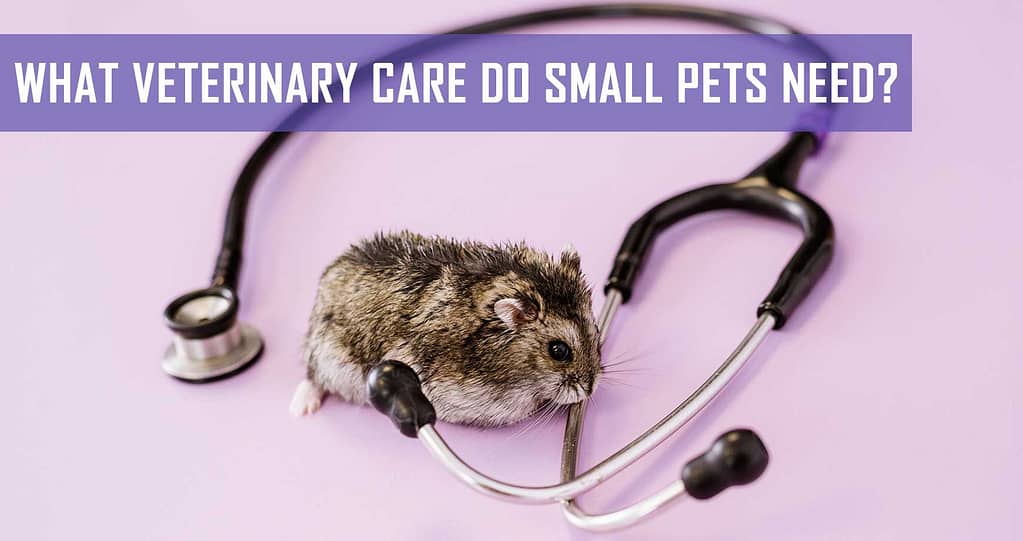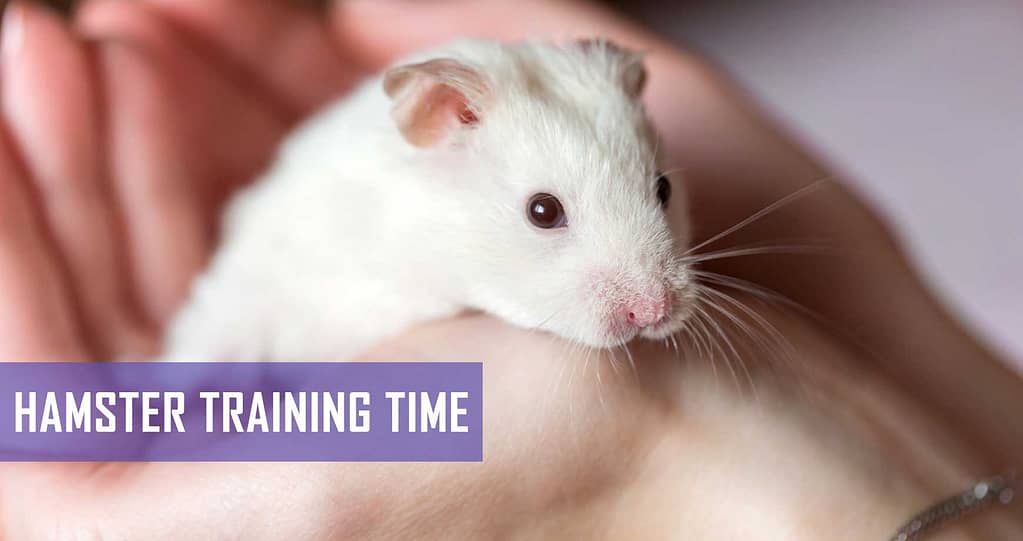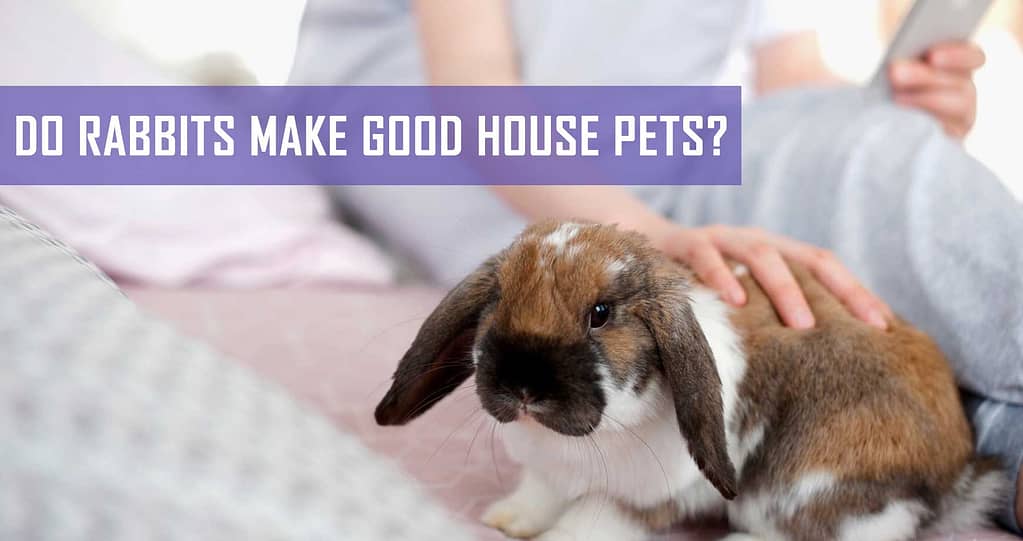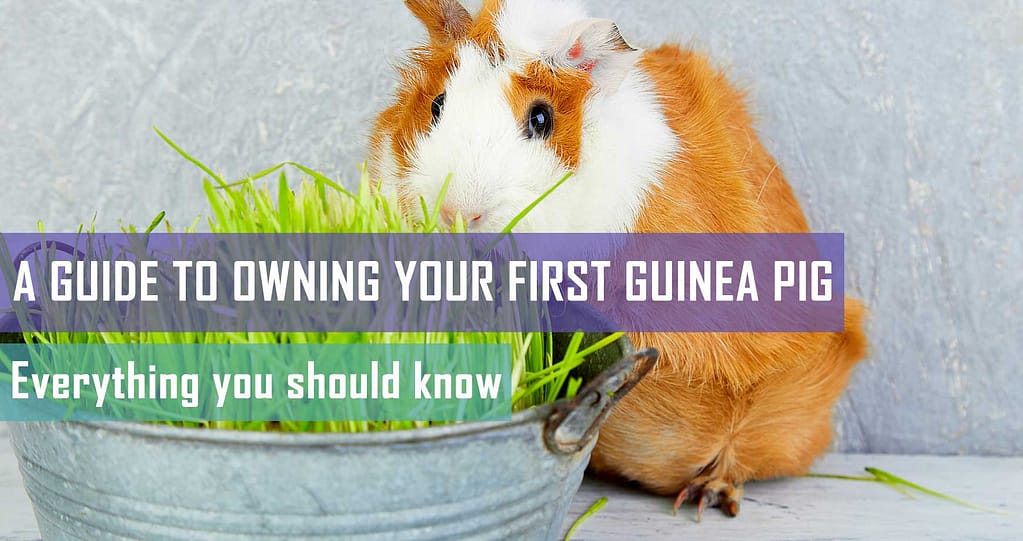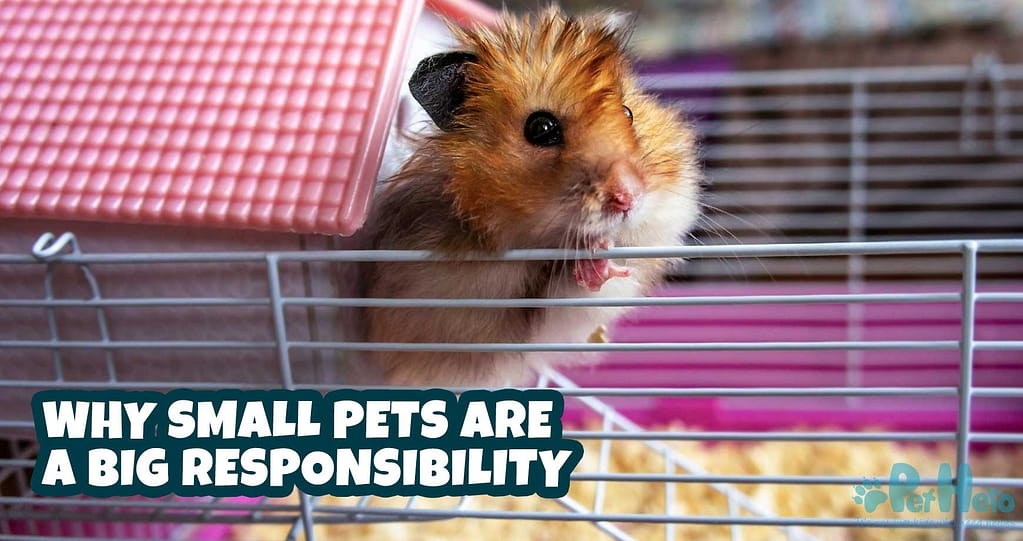You don’t have the space or the time for the long-term commitment to a dog or cat, but you’re still passionate about pets. Or you want to teach your child about responsible pet care, but with minimal risk to your little one. Small pets like mice, rats, hamsters, guinea pigs or rabbits may seem like the natural answer, and we applaud your good intentions, but there is a lot more to small pet care than many people assume.
Do I need to vaccinate my small pets?
Not all small pets need vaccinations, but for the ones that do – especially rabbits – it’s critical that you start your bunny on their preventative jabs early and continue for the rest of their life (or as suggested by your veterinarian). Rabbits are at risk for getting Myxomatosis, which is an insect-borne viral disease (usually from a mosquito bite). Without the vaccine, the chance of death is highly likely. With the vaccine, your rabbit has a good chance of survival. Rabbit haemorrhagic disease (RHD-1 and RHD-2) is another highly infectious viral disease that is almost always fatal.
Even if your pet is house-bound and lives indoors with you, with no contact with other animals, there are many ways for insects and other viral hosts to make contact with your small pet, so it’s best to get them vaccinated.
While ferrets are no longer illegal to keep in South Africa, there are some strict requirements that need to be met if you decide to own one and you have to obtain the necessary permits. Ferrets also need to be vaccinated.
Small pets that don’t need vaccinations include: hamsters, rats, mice, chinchillas, guinea pigs
However, even though these small pets don’t need to be vaccinated, they do require routine veterinary check-ups.
Do I need to sterilise my small pets?
There’s a reason for the saying “to breed like rabbits”. Rabbits reach sexual maturity very quickly, so it’s crucial that you take them to be sterilised at the required age. Not only does sterilisation mean you won’t suddenly have lots of unwanted baby bunnies (cute as they are), but it protects your rabbits from contracting reproductive cancers later on in their lives.
If you plan on keeping more than one pet mouse and you accidentally put two intact male mice together in one enclosure, you can be fairly sure that you’ll end up with only one pet mouse after a while. This is why it’s important to have your male mice sterilised. A female mouse will not need to be spayed if you house her with a neutered male.
Sterilising your male rats and mice is a helpful way of reducing their odour from territorial marking, and it protects them from testicular cancer, which is quite common in rodents.
It’s usually only guinea pig males that need to be neutered. Females will only be spayed in an emergency, and even so, it’s very high risk and should be done by an expert in small pet veterinary medicine. It’s important to note that if you pair male guinea pigs in an enclosure and they end up fighting, neutering is not the solution to this situation, as castration doesn’t change their behaviour. They will need to be separated. However, if you then pair a male and a female in an enclosure, the male guinea pig should be neutered to prevent proliferation.
Neutering small pets is delicate work, so it’s important to find a vet who specialises in small pet medical care.
Do small pets need tick and flea protection?
Fleas and ticks will bite warm-blooded creatures, so it’s important that you protect your small pets from these nasty parasites. DO NOT ADMINISTER CAT AND DOG TICK AND FLEA TREATMENTS TO YOUR SMALL PETS! If you notice that your small pet has fleas or ticks, take them to your vet and ask for advice on the correct products and any additional grooming that may curb an infestation.
How often should my small pet see the vet?
Just as dogs and cats need an annual check-up, so too do your small pets need regular vet visits to ensure they are not only healthy, but thriving. Since small pets have shorter life spans than dogs and cats, ask your vet to recommend the check-up intervals at which he or she would like to see your small pet.
Small pets have a prey-animal instinct to show no weakness, so even if they have any health problems, they will hide their symptoms – often until it’s too late or the illness has really taken hold. This is one reason why you should handle your small pet often – not just for healthy socialisation, but so that you have the opportunity to ‘examine’ them for any strange lumps, bumps or withdrawn behaviour.
Dietary care for small pets
Ask your vet about animal-specific small pet dietary requirements. Most rodents’ teeth grow continuously throughout their lives, so they need to be constantly chewing to keep their teeth ground down. Aside from chew toys and safe varieties of recommended wood for them to chew on, their diet also needs to be specific, healthy, and properly maintained.
Ask your vet about the following special diets for small pets:
-
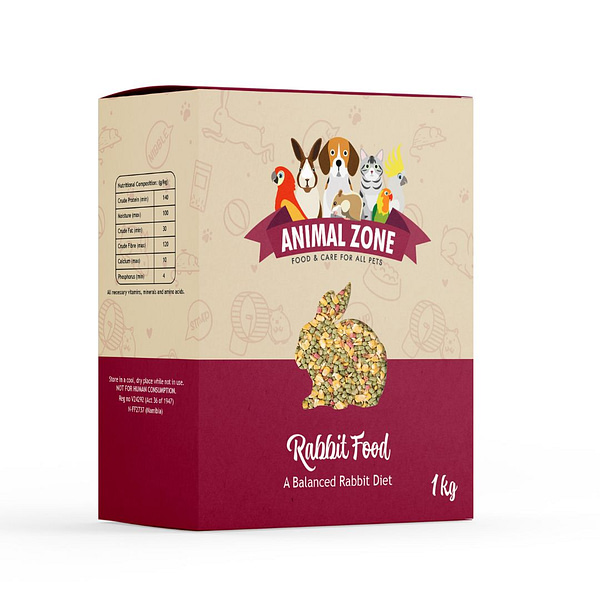 Animal Zone Rabbit FoodR91.00 – R794.00
Animal Zone Rabbit FoodR91.00 – R794.00 -
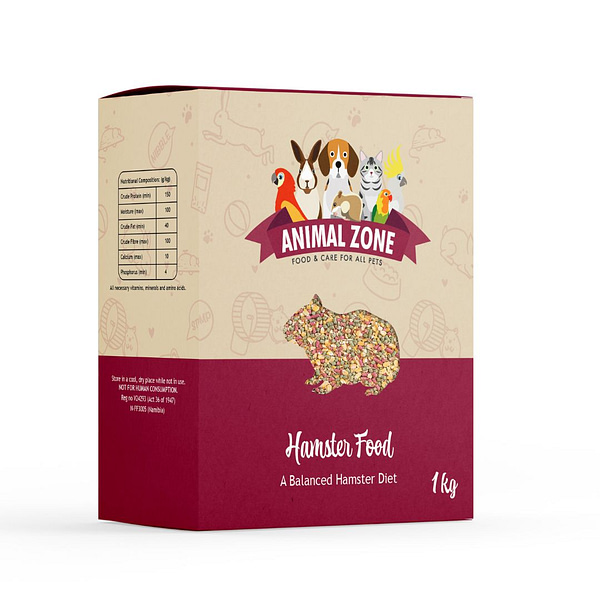 Animal Zone Hamster FoodR109.00 – R245.00
Animal Zone Hamster FoodR109.00 – R245.00

